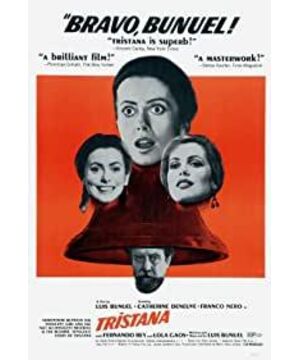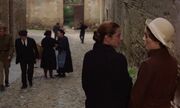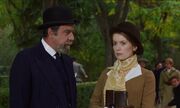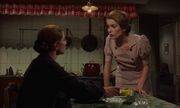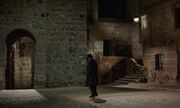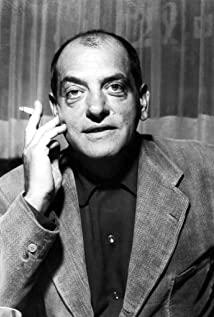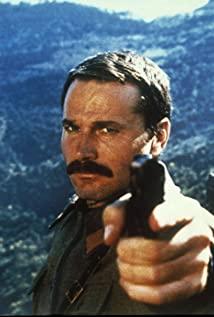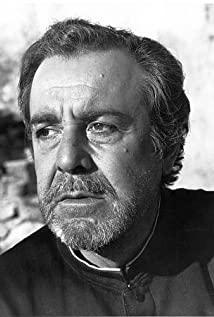Surrealism is the biggest characteristic of Buñuel. Although this film is a mature or late work of Buñuel, there are not many surrealistic plots or pictures (and the illusion of freedom, prudent charm) in the film. These are compared), although there is still a surreal feeling.
The people in the movie are still a bit stiff when they talk and do things, Deneuve's character is as beautiful and frosty as a little Sevrina, I thought it was filmed before Daytime Beauty at first Because Deneuve looks younger, I didn't expect it to be shot later, so I was a little surprised.
When I watched it, I was a little confused about the timeline. At the beginning of the movie, Tristana's role seemed to be very young. As the movie progressed, the age seemed to have changed a lot, but it couldn't be reflected in the makeup, and the character didn't even dress up. How to change (stand hands), I only realized when I saw the lines.
After all, it's a Buñuel movie, and there are still some surreal parts. In Tristana's childhood and growing up nightmares, the uncle's head has been hanging on the copper tongue of the big bell. This should be the same as his previous movie. The most similar part. One detail is the wafer hawker who appeared many times inadvertently, which also seems to be a relic of the previous style. The last paragraph quickly rewinds the entire movie (and Tristana's tragic life so far), and it's also interesting to freeze at the moment when her uncle lures her into the bedroom.
Next is the key point. I think this movie is one that must not be skipped when watching Buñuel, although the irony of Tristana seems to be not deep enough, and there are not so many surreal and interesting pictures and plots. , The plot and characters seem to have an inseparable connection with "Vellitiana", but it gives me the feeling that it is the most advanced film in the time series of Buñuel's film world. This is from the perspective of the heroine. Most of the heroines in his movies are adult women, but this one is about a little girl and her growth, as if to show the audience that he was cold and beautiful in his previous movies. And how did the heroines who are somehow psychopathic come to be.
At the beginning of the film, Tristana is a pure girl mourning the loss of her mother, and towards the end of the film she becomes a vicious lady (perhaps a Babylonian temptress) who murders her uncle and displays her body indiscriminately to male servants. In the end, she has become cold and glamorous, and it even makes people feel that she can go to the set of Daytime Beauty with her legs crossed, hair and square buckle shoes on.
This movie is like showing how Sevrina came to be, and the biggest mystery in Daytime Beauty (if not the box and husband's legs) may be why Deneuve's character becomes Daytime Beauty, pure and simple Is it sexual repression? What's her past like?
Because of this, when I watched this movie, I had the feeling that the magician himself was revealing the best tricks he performed before, and I was pleasantly surprised and a little disappointed.
View more about Tristana reviews


